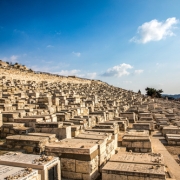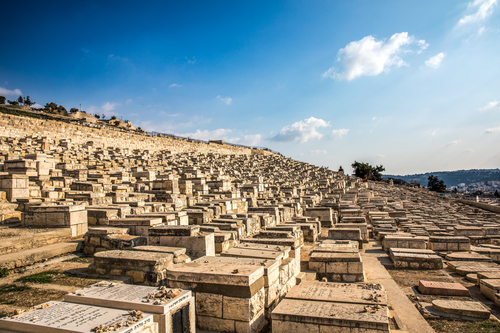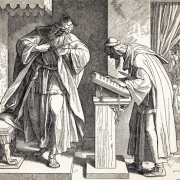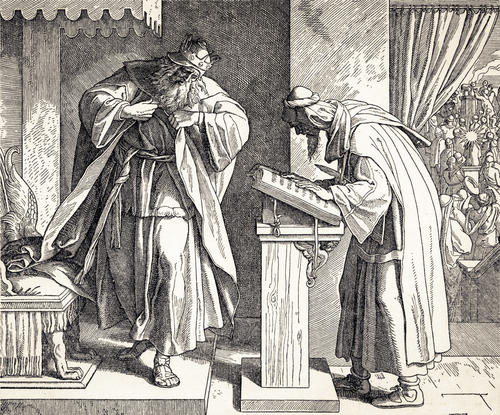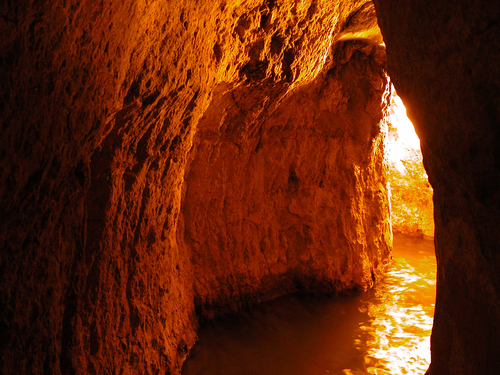Loving or Hating God’s Word
And he did evil in the sight of the LORD, according to all that his fathers had done. (2 Kings 23:37)
Josiah was a ruler over Judah, the kingdom of the two southern tribes of the children of Israel. The cruel Assyrians conquered the northern kingdom, but the southern kingdom of Judah lasted more than 100 years after the fall of the northern kingdom of Israel.
Josiah’s reign was a bright light in a dark season. There were bad kings before and after him, but Josiah was different. He loved the LORD, loving and honoring God’s word. The spiritual revival that came in Josiah’s day started when they came back to the Word of God. In the best sense, it was a “back to the Bible” movement.

Eventually, Josiah died in battle against Egypt. Before Josiah’s time, many leaders in Judah thought Egypt would protect them from the rising power of the Babylonian Empire. Prophets like Jeremiah warned Judah not to trust Egypt, and Josiah resisted them – but he died in the fight against Egypt.
After Josiah’s death, the next kings of Judah were terrible. The people pushed and demanded until Josiah’s third oldest son named Jehoahaz was crowned king of Judah. Jehoahaz was a disaster; he was the people’s choice, not God’s man. He reigned for only three months. 2 Kings 23:32 says that “he did evil in the sight of the LORD.” The people’s choice had his reign cut short when the Pharaoh of Egypt removed Jehoahaz from Jerusalem and put him in prison.
Pharaoh then took another son of Josiah – Jehoiakim, one of the imprisoned Jehoahaz’s older brothers – and made him the puppet king of Judah. Pharaoh also forced massive taxes on the kingdom of Judah. Even as they were forced to pay these taxes to Egypt, Jehoiakim selfishly built himself a new palace, and he did it with slave labor.
What 2 Kings 23:37 said about Jehoiakim was true – He did evil in the sight of the LORD. Jehoiakim, like his brother Jehoahaz, did not follow the godly example of his father Josiah.
Jeremiah 36:22-24 describes the great ungodliness of Jehoiakim – how he even burned a scroll of God’s word. You see, the Prophet Jeremiah told King Jehoiakim that God would send the Babylonians to conquer Judah and Jerusalem, and do it to discipline and humble their proud, disobedient rulers and people.
Jehoiakim didn’t like what God said, so he burned the scroll where the word was written. He wasn’t the first one to hate God’s word and try to destroy it – but he didn’t succeed. The Bible tells us that the Word of God lasts forever. No king or mob can destroy it. Instead, those who resist God and His word are ultimately destroyed in their rebellion.
Josiah honored God’s word; his son Jehoiakim literally burned it. We always want to be on the side of those who love God’s word, not those who hate it.


